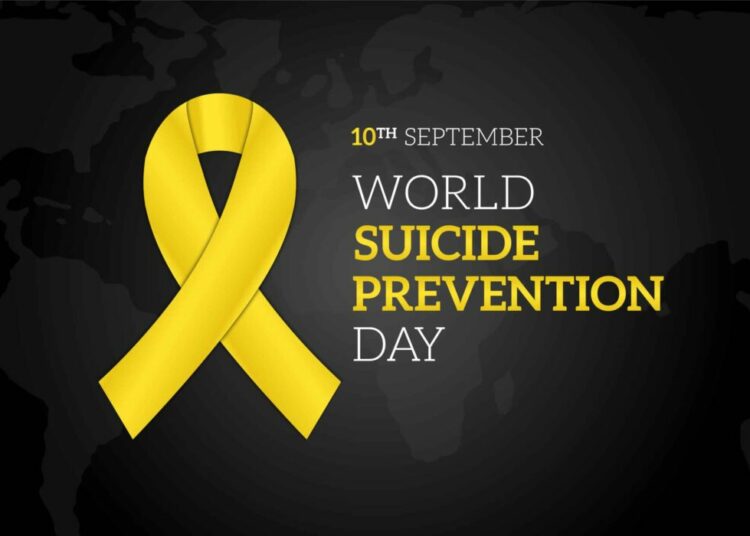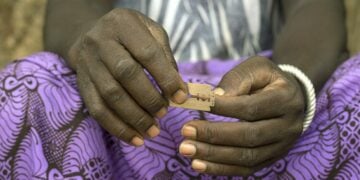Every 40 seconds, somewhere in the world, a person takes his or her own life. Behind each number is a story of pain, silence, and often, stigma. In Nigeria, a country of over 200 million people, the burden of mental illness is immense, an estimated 50 million Nigerians live with mental health conditions, yet the majority suffer in silence.
Despite the alarming figures, mental health remains one of the most neglected areas of public health. The World Health Organisation (WHO) estimates that more than 75 per cent of Nigerians with mental, neurological, and substance use disorders receive no treatment. For many, the barriers include cultural stigma, lack of services, and even the threat of arrest, as attempted suicide remains a crime under Nigerian law.
The silence around suicide has long masked its true toll. In 2016, the World Bank put Nigeria’s suicide rate at 9.5 per 100,000 people; by 2018, it had risen to 15 per 100,000. Experts believe the real numbers are even higher due to underreporting.
Experts said depression is the single strongest precursor to suicide. “About 90 per cent of those who attempt suicide have mental health issues, and 80 per cent of these cases are linked to depression,” explained President of the Association of Psychiatrists in Nigeria, Prof. Taiwo Obindo,
Nigeria’s worsening economic hardship and insecurity have only compounded the crisis, with many Nigerians struggling to cope with stress, uncertainty, and social isolation.
Globally, September 10 is marked as World Suicide Prevention Day, a campaign established in 2003 to raise awareness and emphasise that suicide is preventable. The triennial theme for 2024–2026, “Changing the Narrative on Suicide,” is especially relevant in Nigeria, where myths and stigma remain strong.
“Changing the narrative requires openness and empathy. Talking about suicide does not increase the risk, it opens pathways to help and healing,” said the International Association for Suicide Prevention (IASP).
Meanwhile, the Coordinating Minister of Health and Social Welfare, Prof. Ali Pate,
has disclosed plans to decriminalise attempted suicide under the National Suicide Strategic Framework (2023–2030).
The framework seeks to replace punishment with support, improve access to mental health services, and align Nigeria’s approach with international best practices. “Young people between 15 and 29 are especially vulnerable, they account for 40 percent of all suicide deaths in Africa,” Pate said.
For mental health professionals, repealing the colonial-era law that criminalises attempted suicide is urgent. Prof. Taiwo Lateef, former president of the psychiatrists’ association, described the law as a “major barrier to help-seeking.”
“When you criminalise attempted suicide, you stigmatise people who are already vulnerable. According to WHO, Nigeria records about 16,000 suicide deaths annually, and most victims are young. This is a crisis that must be urgently addressed,” he said
WHO estimates that more than 720,000 people die by suicide globally each year, leaving behind devastated families and communities. In Nigeria, prevention efforts remain underfunded, but experts agree that progress is possible if stigma is tackled and care becomes accessible.
Practical steps, such as listening without judgment, checking in on friends, and creating safe spaces for open conversations, can make a difference. Self-care practices, including adequate sleep, exercise, and stress management, are also encouraged.
Above all, experts stress the need for compassion.
“Suicide prevention starts with empathy. When people know they are not alone, that someone is listening, it can change everything,” said Prof. Obindo.
As the world calls for changing the narrative on suicide, Nigeria faces an urgent choice: to break the silence, dismantle stigma, and build a system where hope is not just a slogan, but a lifeline.





